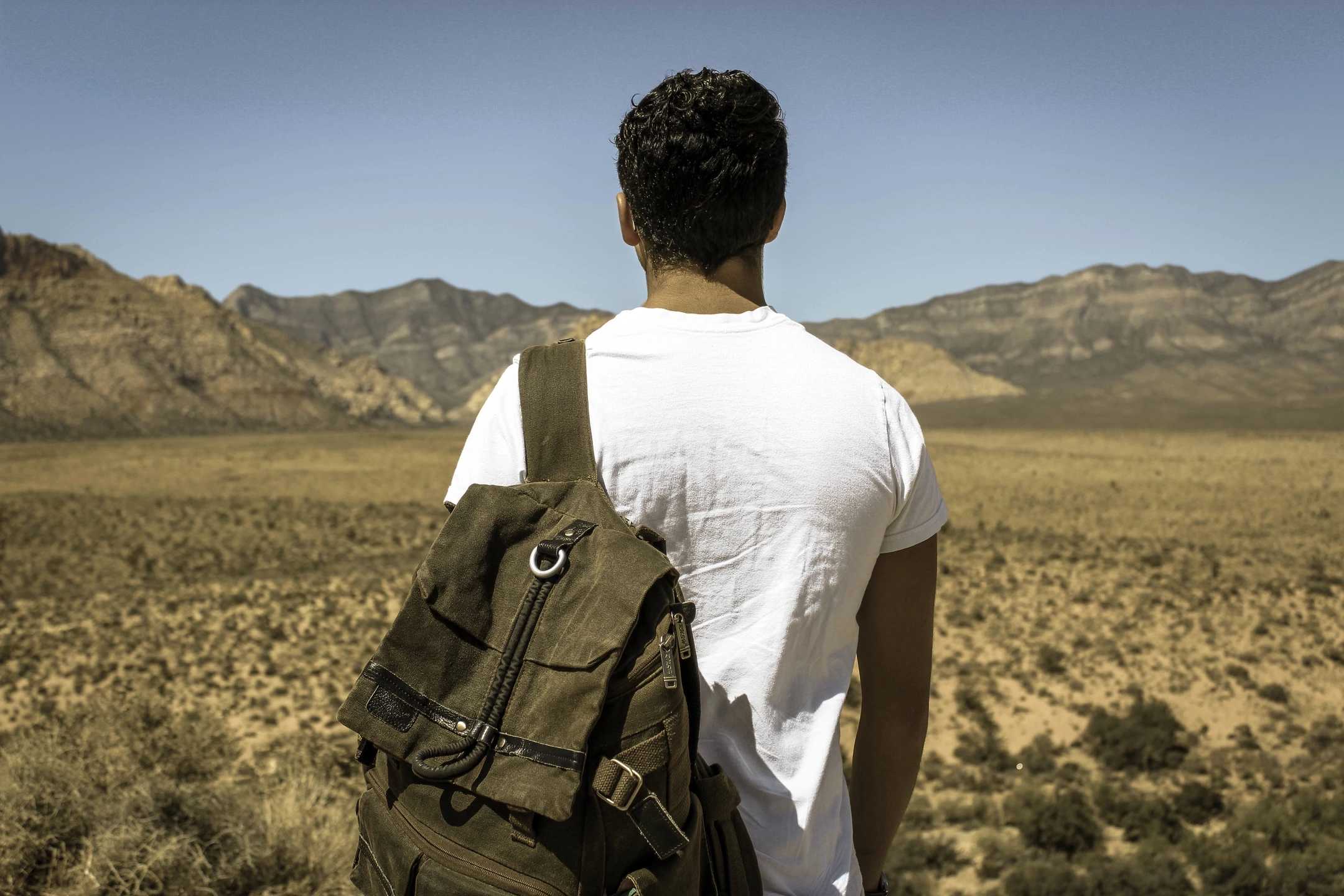First, links to reports from the Associated Press, Agence France-Presse and Le Monde, Tass, Reuters, and National Public Radio; others are accessible by clicking on their names or initials below. NOTE: Repairs have been made to the “Not all the rage” entry of two days ago in which several asterisks in front of names of speakers were either not linked to the speakers’ addresses or not highlighted, or both. The link is HERE.— MCM
– – –
Ukraine official: Forces may pull out of key eastern city, by Susie Blann | AP KYIV — The Ukrainian military might decide to pull troops back from the key stronghold of Bakhmut, an adviser to Ukraine’s president said today. “Our military is obviously going to weigh all of the options. So far, they’ve held the city, but if need be, they will strategically pull back,” said Alexander Rodnyansky, an economic adviser to Ukrainian President Volodymyr Zelenskyy. The battle for Bakhmut has . . . READ MORE . . .
– – –
Blinken says ‘no plans’ to meet Russia, China at G20. From Le Monde and AFP. U.S. Secretary of State Antony Blinken said today he will not meet the Russian or Chinese foreign ministers at this week’s Group of 20 meeting in New Delhi, charging that Moscow was not serious about ending the war in Ukraine. “I have no plans to see either at the G20,” he said in Tashkent, adding that he expected to participate in group sessions with them. READ MORE . . .
– – –
Germany’s Scholz argues Russia must be first to take steps towards peace in Ukraine. From Tass. BERLIN — The German government thinks that Russia should be the first to take a step towards achieving peace in Ukraine, Chancellor Olaf Scholz said today. In a joint press conference with Latvian Prime Minister Krisjanis Karins, he said it was “clear” that Russia had attacked Ukraine, and that Russia was the country that “must do something” to make peace possible. Scholz stated . . . READ MORE . . .
– – –
Soils of war: The toxic legacy for Ukraine’s breadbasket, by Rod Nickel | Reuters Scientists looking at soil samples taken from the recaptured Kharkiv region in northeastern Ukraine found that high concentrations of toxins such as mercury and arsenic from munitions and fuel are polluting the ground. Using the samples and satellite imagery, . . . READ MORE . . .
– – –
How Russia’s war in Ukraine is changing the world’s oil markets. Reported by Jackie Northam | NPR Russia’s war in Ukraine is causing a profound and permanent shift in the world’s oil markets, creating new geopolitical alliances. Analysts say it’s comparable to the 1970s Arab oil embargo. Click HERE to listen and read.
– – –
TO BE CONTINUED
